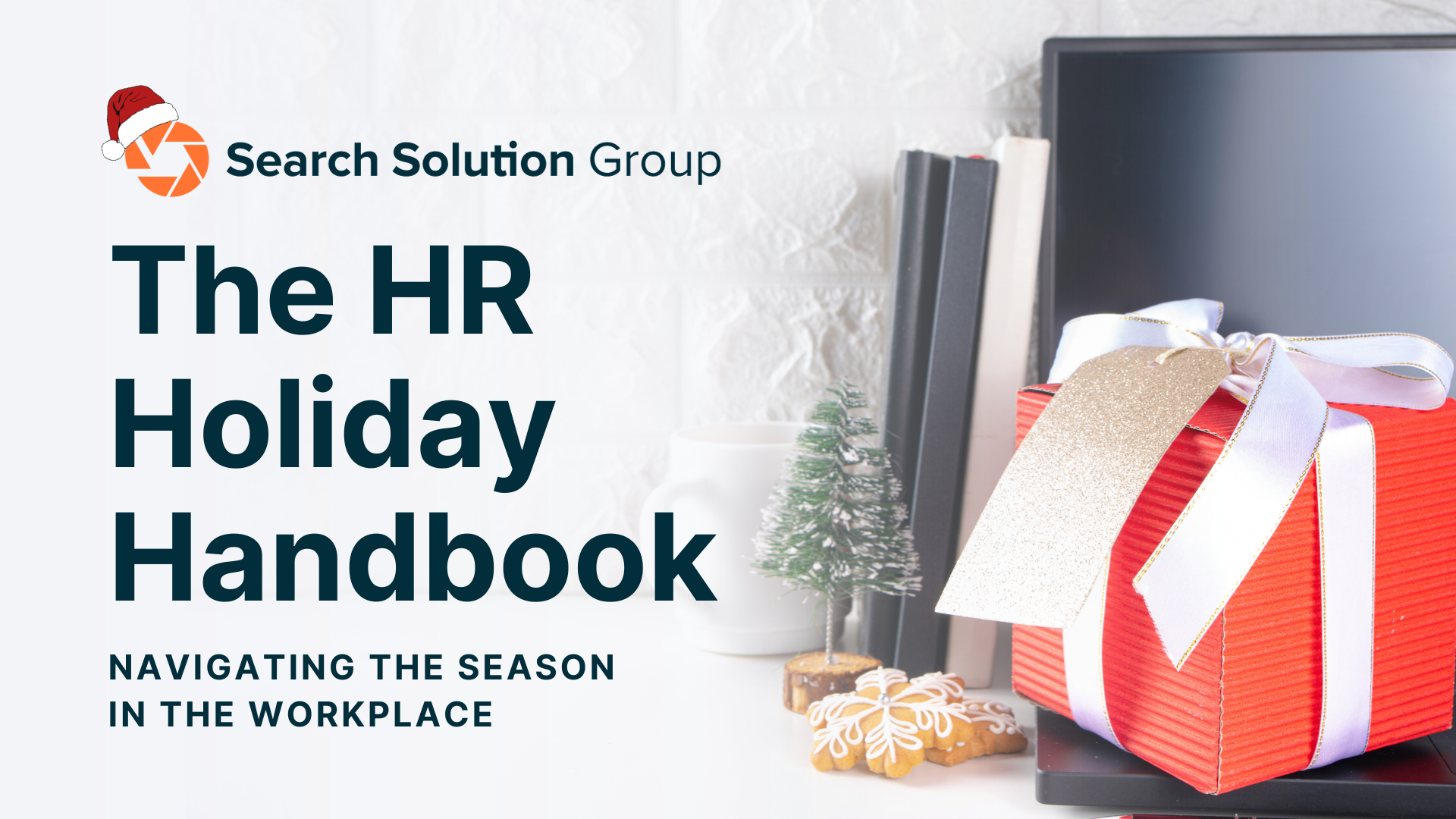Navigating The Festive Season: Planning For A Successful Christmas Work Holiday In 2024
Navigating the Festive Season: Planning for a Successful Christmas Work Holiday in 2024
Related Articles: Navigating the Festive Season: Planning for a Successful Christmas Work Holiday in 2024
Introduction
With great pleasure, we will explore the intriguing topic related to Navigating the Festive Season: Planning for a Successful Christmas Work Holiday in 2024. Let’s weave interesting information and offer fresh perspectives to the readers.
Table of Content
Navigating the Festive Season: Planning for a Successful Christmas Work Holiday in 2024

The holiday season, especially Christmas, is a time for celebration, reflection, and shared experiences. For many organizations, this period also presents an opportunity to foster employee camaraderie and appreciation through company-wide events. However, planning a successful Christmas work holiday requires careful consideration of various factors to ensure a positive and productive experience for all.
Understanding the Importance of a Christmas Work Holiday
Beyond the festive spirit, a well-organized Christmas work holiday serves several strategic purposes:
- Boosting Employee Morale: Sharing a festive experience outside the regular work environment can significantly improve employee morale and foster a sense of belonging.
- Strengthening Team Cohesion: Engaging in shared activities and socializing outside the office can strengthen bonds between colleagues and improve teamwork dynamics.
- Promoting Company Culture: A well-planned event can showcase the company’s values, foster a positive work environment, and reinforce its commitment to employee well-being.
- Enhancing Employee Engagement: A festive celebration can create a sense of excitement and engagement, motivating employees to contribute more actively to the company’s success.
Key Considerations for Planning a Christmas Work Holiday
To ensure a successful event, organizations should carefully consider the following factors:
1. Budget and Logistics
- Budget Allocation: Establish a clear budget for the event, encompassing venue rental, catering, entertainment, decorations, and potential gifts.
- Venue Selection: Choose a suitable venue that accommodates the expected number of attendees and aligns with the event’s theme and desired atmosphere.
- Date and Time: Select a date and time that minimizes disruption to work schedules and allows for maximum employee participation.
2. Event Planning and Execution
- Theme and Activities: Choose a theme that resonates with the company’s culture and interests of the workforce. Plan engaging activities that encourage participation and interaction, such as games, entertainment, and social gatherings.
- Food and Beverage: Consider dietary restrictions and preferences when planning the menu. Offer a variety of options to cater to diverse needs and preferences.
- Entertainment: Engage entertainment that aligns with the event’s theme and caters to the interests of the attendees. This could include live music, a DJ, or a themed performance.
- Decorations: Create a festive ambiance with appropriate decorations that reflect the holiday spirit and enhance the overall experience.
3. Inclusivity and Accessibility
- Diversity and Inclusion: Ensure the event is inclusive and accessible to all employees, regardless of their background, beliefs, or abilities.
- Accessibility: Consider the needs of employees with disabilities and make arrangements for accessibility, such as wheelchair ramps and alternative seating options.
4. Communication and Coordination
- Clear Communication: Communicate event details clearly and timely to all employees, including the date, time, location, dress code, and any specific requirements.
- RSVP System: Implement a reliable RSVP system to accurately estimate attendance and ensure proper planning.
- Event Management Team: Form a dedicated team to manage logistics, coordinate activities, and address any unforeseen issues during the event.
5. Post-Event Evaluation
- Feedback Collection: Gather feedback from employees about their experience at the event. This feedback can be invaluable for future planning and improvement.
- Debriefing Session: Conduct a post-event debriefing session to discuss successes, challenges, and areas for improvement.
FAQs about Christmas Work Holidays
1. Is it mandatory for employees to attend the Christmas work holiday?
While attendance is often encouraged, it should not be mandatory. Employees should have the option to decline without fear of repercussions.
2. How can we ensure the event is inclusive and respectful of diverse beliefs?
Avoid religious or culturally sensitive themes that may exclude or offend certain individuals. Focus on general festive themes and activities that are inclusive and appealing to all.
3. What are some ideas for engaging activities at a Christmas work holiday?
Consider activities like:
- Interactive Games: Trivia, charades, or holiday-themed games.
- Festive Crafts: Cookie decorating, ornament making, or card-making.
- Photo Booth: Create a fun photo booth with props and backdrops.
- Live Music: Hire a band or DJ to provide festive entertainment.
- Holiday-Themed Scavenger Hunt: Organize a scavenger hunt with clues related to Christmas traditions.
4. What should we do if an employee has a dietary restriction or allergy?
Communicate with employees in advance to collect dietary information. Provide clear labeling of food options and offer alternatives for those with restrictions.
5. How can we ensure the event is safe and responsible?
Set clear guidelines regarding alcohol consumption and implement responsible service procedures. Ensure adequate security measures are in place and provide transportation options for those who need them.
Tips for a Successful Christmas Work Holiday
- Start planning early: Allow ample time for planning and coordination to ensure a smooth and successful event.
- Involve employees in the planning process: Solicit input from employees on their preferences and ideas for the event.
- Set a clear budget and stick to it: Avoid overspending and ensure the event is financially responsible.
- Focus on creating a positive and memorable experience: The goal should be to foster camaraderie and create lasting memories for employees.
- Don’t forget the small details: Attention to detail, such as festive decorations and personalized touches, can make a big difference.
- Be prepared for unexpected challenges: Have contingency plans in place to address any unforeseen issues.
Conclusion
A well-planned Christmas work holiday can significantly contribute to employee morale, team cohesion, and company culture. By carefully considering all aspects of the event, from budget and logistics to inclusivity and accessibility, organizations can create a festive and memorable experience that strengthens employee relationships and reinforces the company’s commitment to its workforce. Remember, the key to success lies in thoughtful planning, inclusive execution, and a genuine desire to celebrate the holiday season with employees.







Closure
Thus, we hope this article has provided valuable insights into Navigating the Festive Season: Planning for a Successful Christmas Work Holiday in 2024. We thank you for taking the time to read this article. See you in our next article!

Leave a Reply